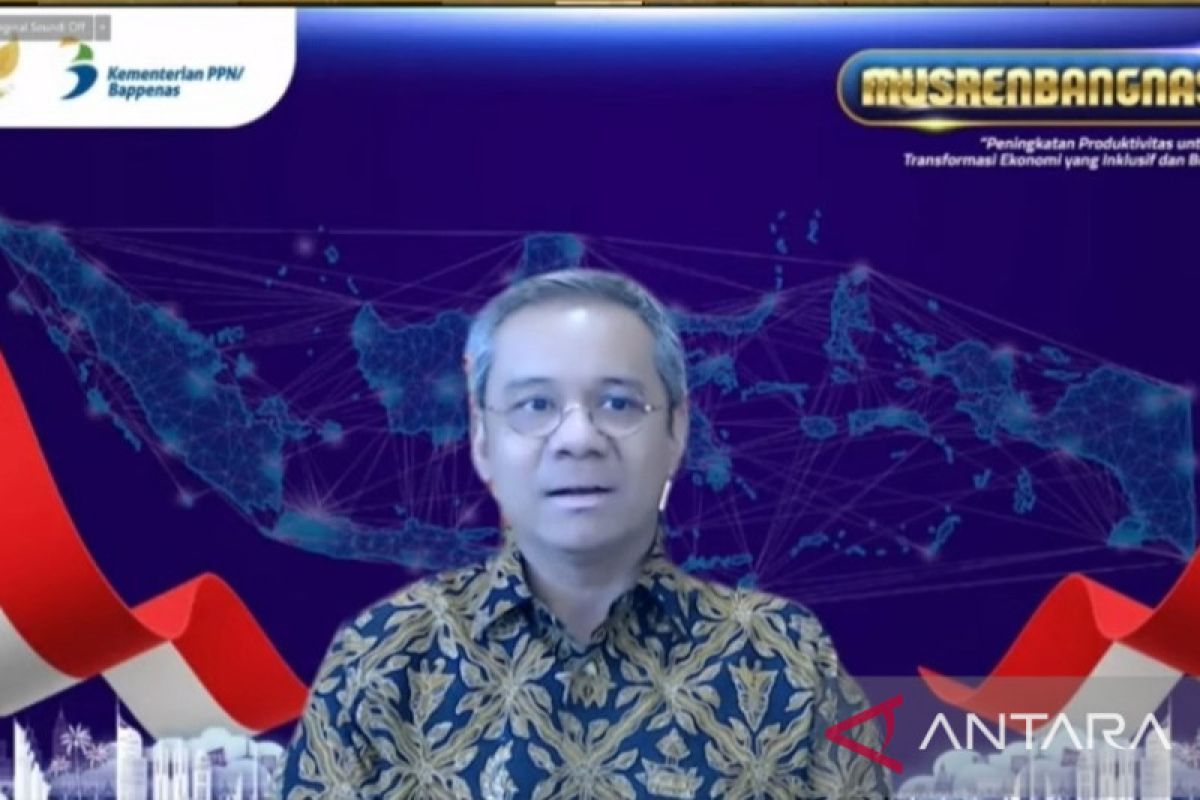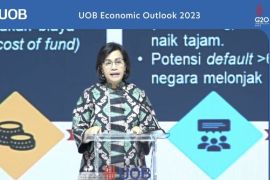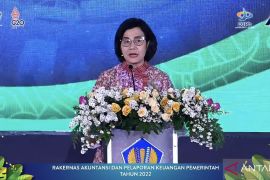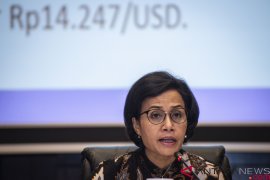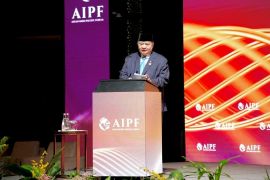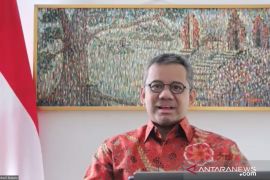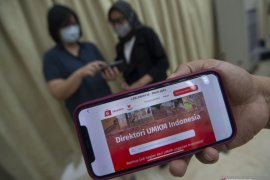Despite projections of the COVID-19 pandemic being brought under control, the risks will still linger, especially regarding state revenues, he explained at the 2022 National Development Planning Conference here on Thursday.
"All these global risks will have an impact on state revenues but, at the same time, the state budget will continue to protect the community and be transferred to the regions," Nazara said.
Even so, the state budget policy in 2023 will still be directed at consolidation toward realizing a deficit of below three percent of the gross domestic product (GDP), he added.
However, spending by ministries/institutions should encourage economic growth, he stressed.
Related news: Global economic crisis is real: Indonesian President Jokowi
Thus, government spending must be "sharpened" to make it flexible, productive, effective, and anticipatory in response to economic dynamics, the deputy minister said. "The state budget serves as a shock absorber," he noted.
Further, the government is aiming to streamline spending in 2023, in line with the phasing out of COVID-19 handling and economic recovery efforts.
Government spending next year will also focus on flexibility in anticipating uncertainty and improving services.
Meanwhile, the 2023 state budget will prioritize increasing economic productivity through improving the quality of human resources, completing infrastructure development, and bureaucratic reform, Nazara informed.
"We design the government's work plan; this is the direction of fiscal conditions and policy going forward," he said.
He further said he is optimistic that the entire work plan will be realized to encourage economic recovery and protect the Indonesian people.
Earlier, Nazara had said there is a possibility that Indonesia's inflation rate will rise to four percent in 2023.
Related news: Global crisis weighed heavy on Indonesia's economic growth: BI
Translator: Agatha V, Kenzu T
Editor: Rahmad Nasution
Copyright © ANTARA 2022
